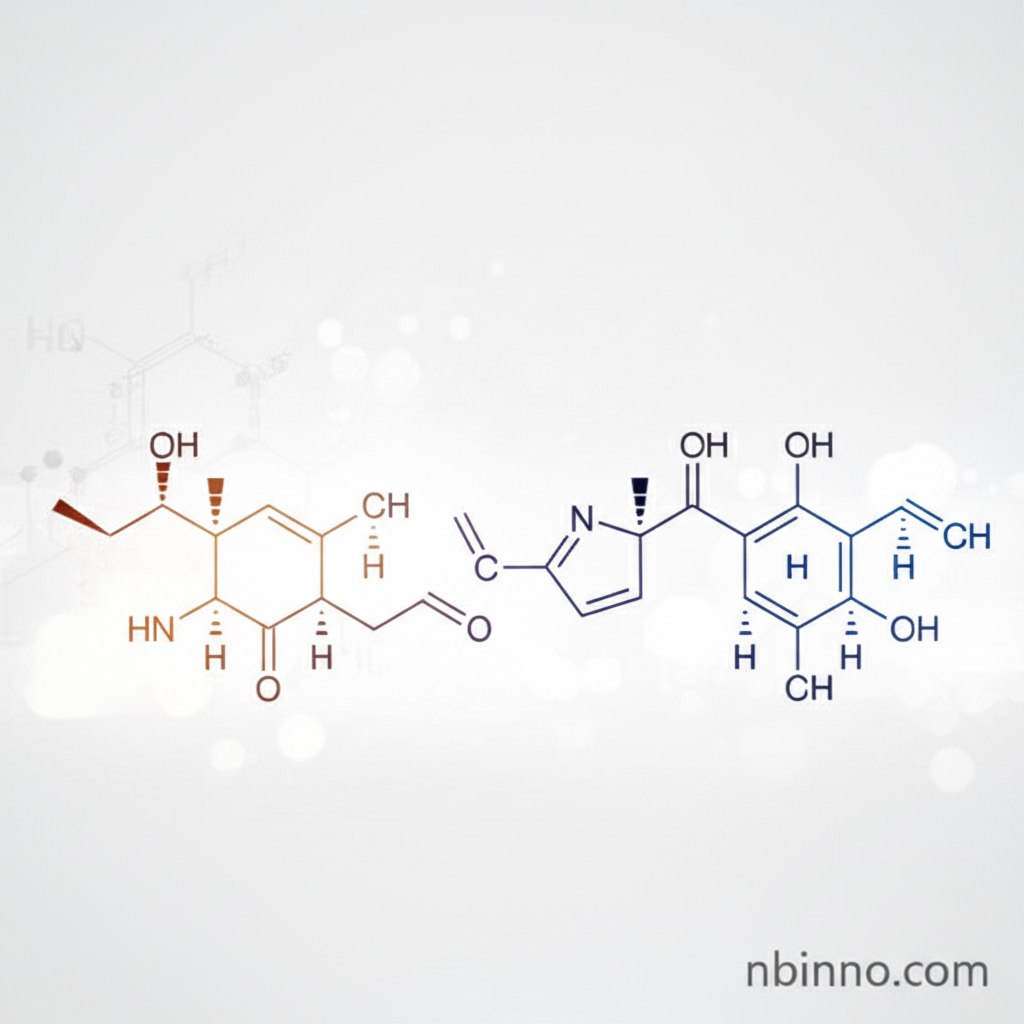Unlocking Chemical Synthesis: Benzyl 1-methylhydrazinecarboxylate
Explore the essential properties and applications of this key intermediate in modern organic and peptide synthesis.
Get a Quote & SampleProduct Core Value

Benzyl 1-methylhydrazinecarboxylate
This compound serves as a crucial building block in complex organic synthesis pathways. Its structure incorporates functionalities that are vital for creating specific molecular architectures, particularly in the realm of peptide synthesis and the development of novel chemical entities. Understanding its characteristics is key for efficient reaction design.
- Explore the crucial role of benzyl 1-methylhydrazinecarboxylate in various organic synthesis strategies, enabling the construction of complex molecules.
- Delve into the common protecting groups utilized, such as Boc and Fmoc, understanding their introduction and removal mechanisms in peptide synthesis.
- Discover the importance of benzyl ester cleavage via catalytic hydrogenolysis as a selective method in synthetic chemistry.
- Learn about the chemical properties and CAS number 37519-04-3 for benzyl 1-methylhydrazinecarboxylate, essential for accurate identification and handling.
Advantages Provided
Synthetic Versatility
Leverage the versatility of benzyl 1-methylhydrazinecarboxylate as a foundational component for diverse synthetic targets, aiding in achieving precise molecular structures.
Enabling Peptide Construction
Utilize this compound in peptide synthesis, benefiting from its compatibility with established protection and coupling strategies to build complex peptide chains.
Reliable Intermediate
Count on the consistent quality and properties of benzyl 1-methylhydrazinecarboxylate, an essential intermediate for reproducible research and development outcomes.
Key Applications
Organic Synthesis
As a key building block, benzyl 1-methylhydrazinecarboxylate is instrumental in constructing complex organic molecules, facilitating research in medicinal chemistry and materials science.
Peptide Synthesis
This compound plays a vital role in peptide synthesis, offering a reliable intermediate for creating custom peptides with specific sequences and functionalities.
Chemical Research
Researchers utilize benzyl 1-methylhydrazinecarboxylate for exploring new reaction pathways and developing innovative chemical compounds in academic and industrial settings.
Development of APIs
The structural features of this compound make it a valuable precursor in the synthesis of Active Pharmaceutical Ingredients (APIs), contributing to drug discovery efforts.
